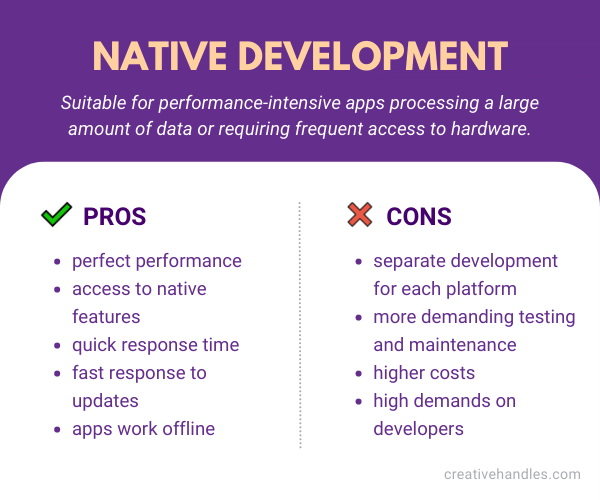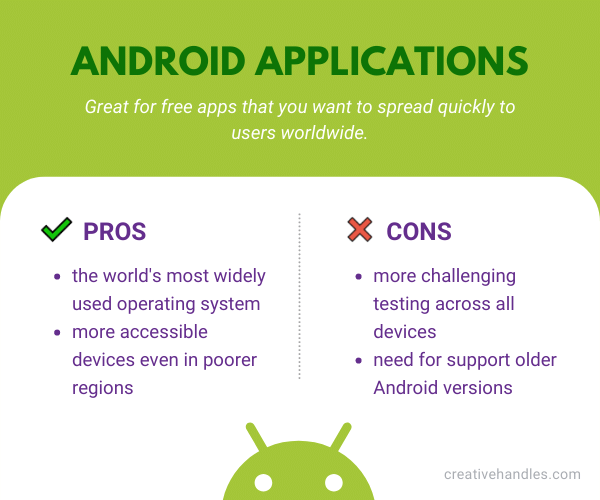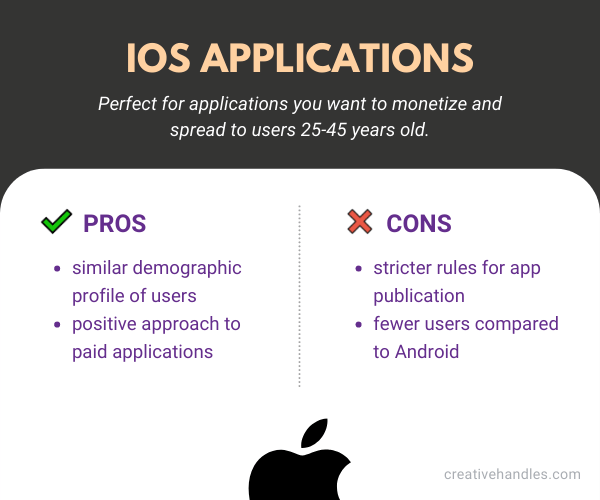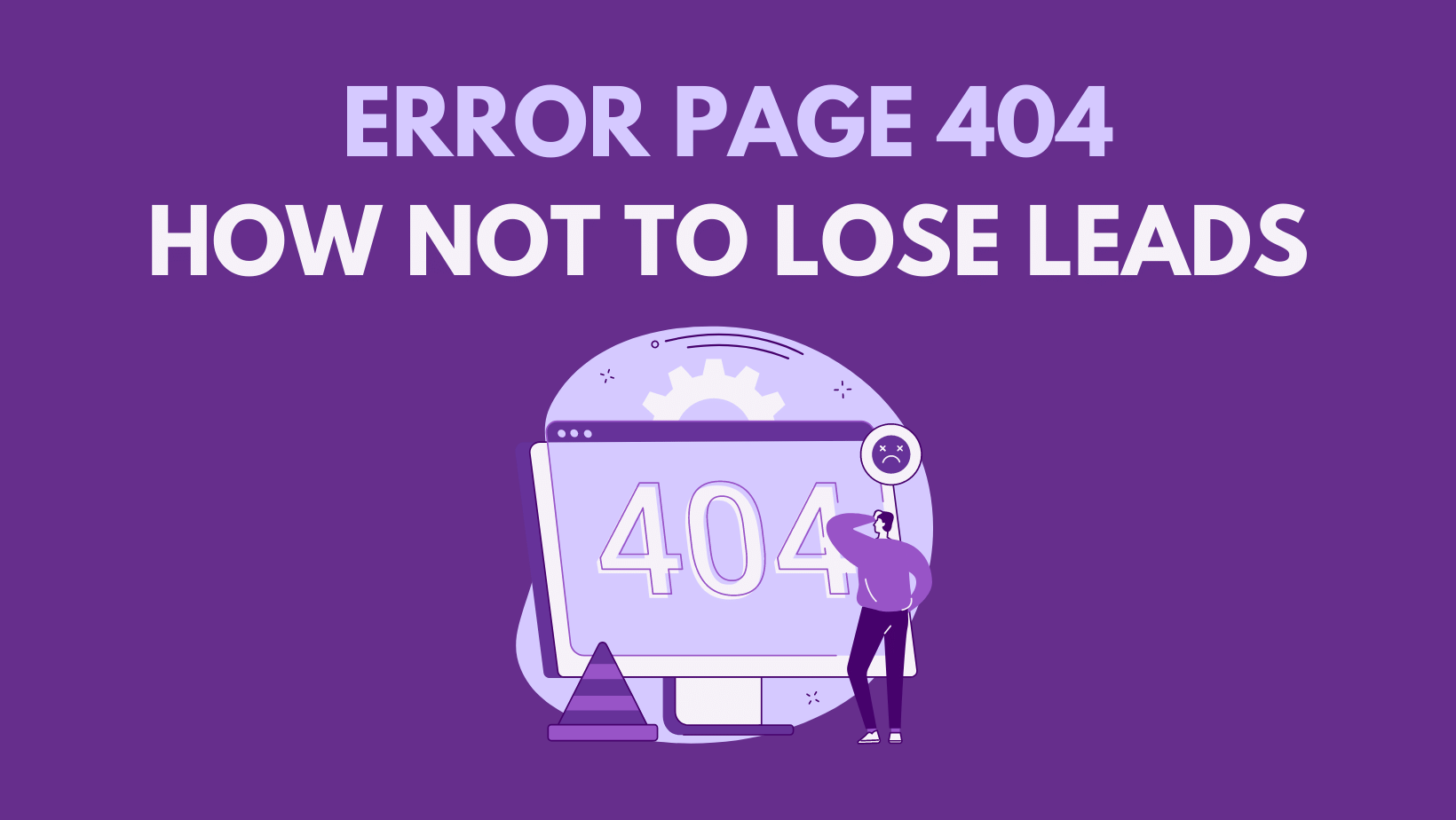Android vs. iOS: How to Choose a Platform for Mobile App?
3 mins read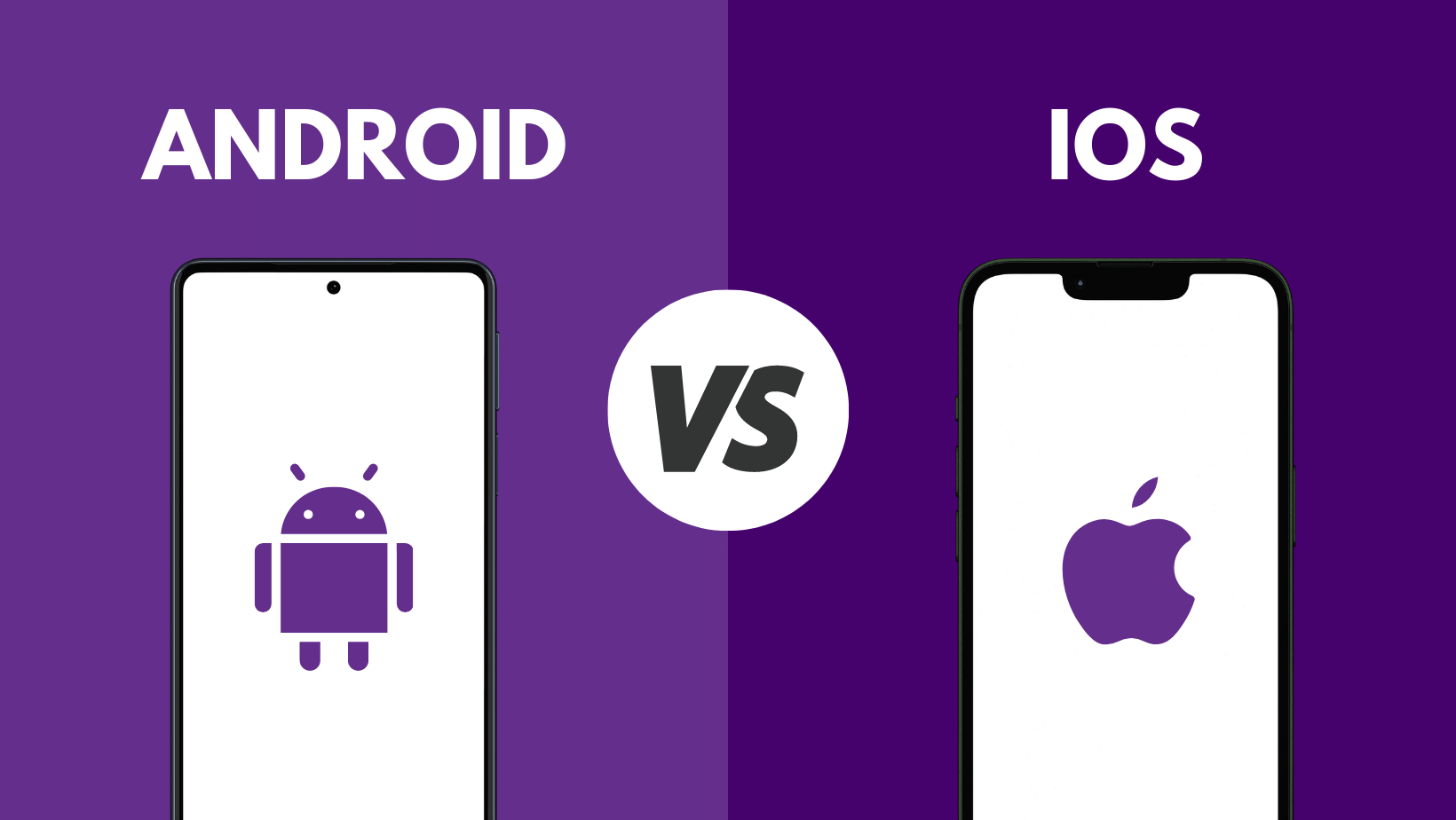
According to the most recent data, smartphone users have exceeded 6.25 billion and are growing by hundreds of millions yearly. At the same time, most people (71.7%) use the Android system; iOS is in second place with a market share of 27.57%. Both platforms thus have excellent business potential. So how to create a mobile application that can take advantage of it?
As an entrepreneur, you are faced with a difficult decision – which platform to choose for your mobile app? Will it be more beneficial for your business model to develop an Android app, or should you instead create an app for iPhone? Or should you build a cross-platform app that can be (with minor modifications) used for both platforms?
Why do you need to choose?
You don't have to, but...
In the case of native development, your mobile app is tailored to the selected operating system. Developers use the native programming languages for the chosen platform - Java/Kotlin for Android and Swift/Objective-C for iOS. The result is a powerful application that takes full advantage of the system's capabilities.
However, you can't run a native app on a competing platform. So if you want to hit the entire market, you have no choice but to develop it twice - for each operating system separately. This way is, of course, more time-consuming and financially demanding.
Therefore, some contractors decide to test the success of an app and run its MVP (basic prototype for real users) on only one operating system. But which platform is the right one for you?
Android app development
The first advantage of Android is obvious - it is used by the majority of smart devices in the world. In addition to phones, Android apps are also used on watches and televisions. This way, your app will potentially reach a larger number of users through multiple channels. However, this is also one of the main pitfalls of Android app development.
Due to the vast number of devices of different brands, designing, developing, and testing Android apps is more challenging than in the case of iOS. Moreover, Android users update their system less frequently – so when building an android app, you have to make sure that it's supported by older versions of the system (up to several years back).
With the diversity of the Android ecosystem comes greater freedom in app development. Thanks to its open-source roots, Android supports a variety of approaches to code writing. Besides, programming is possible from a wide range of devices. Also, the rules for uploading apps to Google Play are considerably more benevolent than in the case of AppStore. Unfortunately, this, especially in the past, has posed certain security risks for users who downloaded Android apps.
The Android user base also has its specifics. For example, compared to iOS fans, the average Android user has a lower income. That's why they prefer free apps that rely on monetization through ads or in-app purchases. So it is probably not surprising that the strongest markets for Android apps are poorer regions – South America, Africa or India.
Advantages of iOS app development
Android is the most widely used mobile operating system - globally. However, if we take a closer look at individual markets, the situation is not so clear-cut. While Android has the upper hand in the Czech Republic and most other European countries, iOS has the upper hand in Japan, Australia or the USA. So if you're targeting these markets, creating an iOS app has considerable business potential.
iOS users are also more open to paid apps. Plus, they're happy to pay extra for in-app purchases. If you intend to monetize your app this way, iOS is worth considering.
iOS application development is also generally easier and faster. This is due to the smaller number of devices that support the system. Compared to Android, however, developers' hands are more "tied," and the system doesn't offer as many options. Furthermore, Apple likes its users to stick to its system – you need a Mac to develop an iOS app. Introducing an application to the AppStore is also more complicated. Everything is carefully checked by specialists from Apple, who only release high-quality apps, which is also reflected in the length of the approval process.
Do you have a favorite?
Still hesitant about which platform should your mobile app target? If you can't decide between the two systems, we have a solution for you – cross-platform development. Today, there are technologies like React Native that can handle developing apps for both systems at the same time. It's a faster and cheaper alternative to native development, but it's not suitable for every project.
Contact us for a free consultation, and we'll find the best solution for your project.

